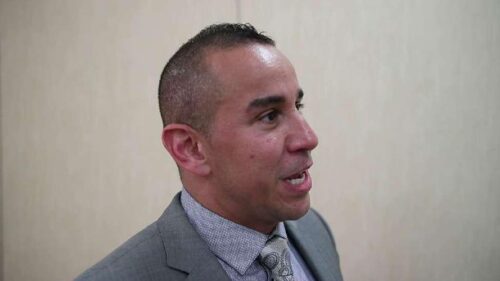
The Two-Step Alarm Verification System
In order to weed out which phone calls are actual emergencies, the new system will require callers to confirm whether or not the situation they are calling about is happening in real time.
Advertisement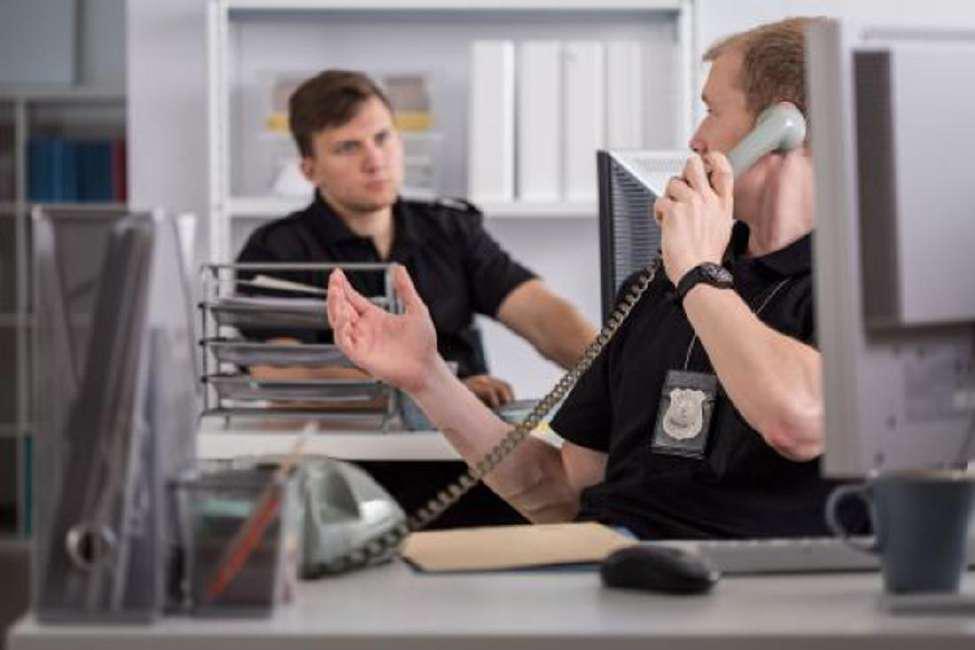
Source: iStock
If it is, their call will be forwarded to an on-duty officer; if not, it will go straight to voicemail. Then, at 7:00 AM the officer scheduled to work the desk will listen to the voicemails and send officers as needed to assess any potential crimes.
What Events Are Considered Emergencies?
According to the Pittsburgh Bureau of Police, anything that has already happened and cannot be stopped immediately with officer intervention will be considered a non-emergency.
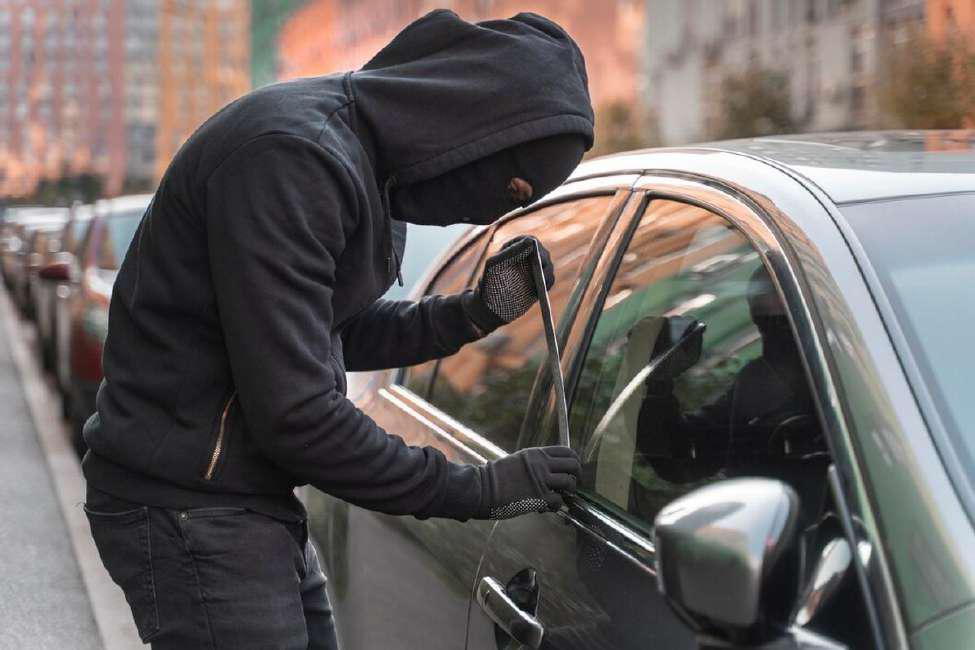
Source: Freepik
This means that if a car has already been stolen, a burglar has come and gone, etc., the police will not arrive on the scene to investigate until the next day.
Police Response to Alarm Systems Will Also Be Adjusted
Chief Scriotto explained that their reports indicate that one of the most frustrating misuse of officers occurs thanks to home security alarms. He said that in 2023, the Pittsburgh police received 9,500 calls for burglary, but the vast majority were false alarms.
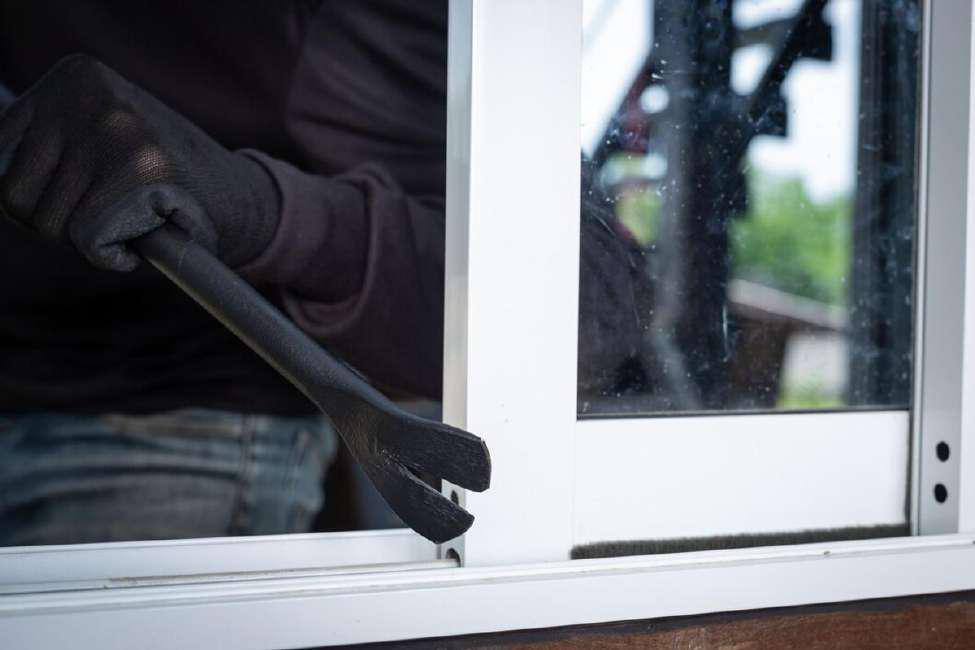
Source: Freepik
Therefore, in order for police to respond to an alarm, they now “require there to be a second verification, a second authentication factor, such as it’s not just the front door, if there’s interior motion, there’s video, there’s audio, there’s glass break,” said Scirotto.
Understanding the Changes at the Pittsburgh Bureau of Police
Scirotto wants the people of Pittsburgh to understand that he and his team did not make this decision lightly; they truly feel as if this is the only way to ensure the organization functions at the highest possible capacity.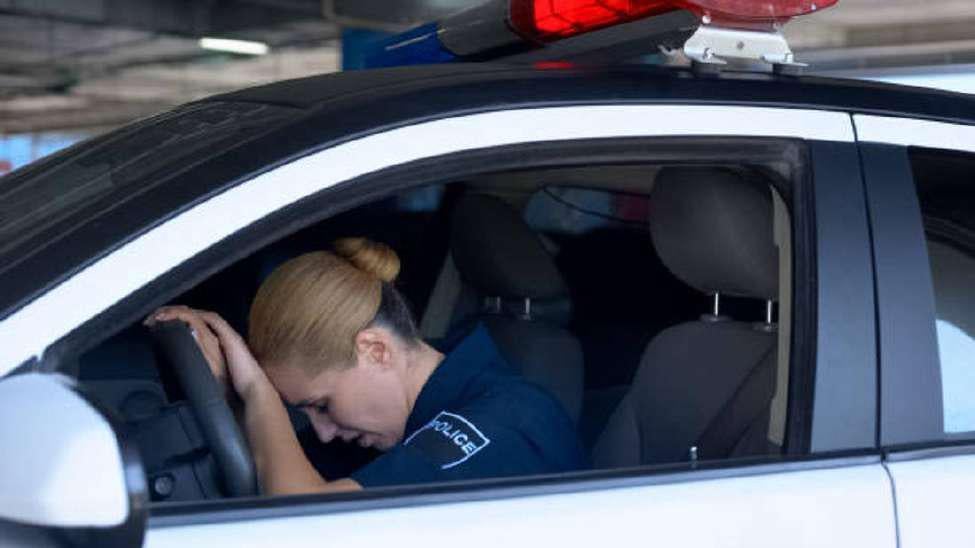
Source: iStock
Historically, the Pittsburgh Bureau of Police has anywhere between 850 to 990 officers on staff, but as of March 2024, there are only about 740. And according to Scriotto, his officers are simply worn out.
Running Out of Manpower
As Bob Swartzwelder, president of the union that represents Pittsburgh police, explained, “They’re running out of manpower very, very quickly, and they’re getting very taxed.”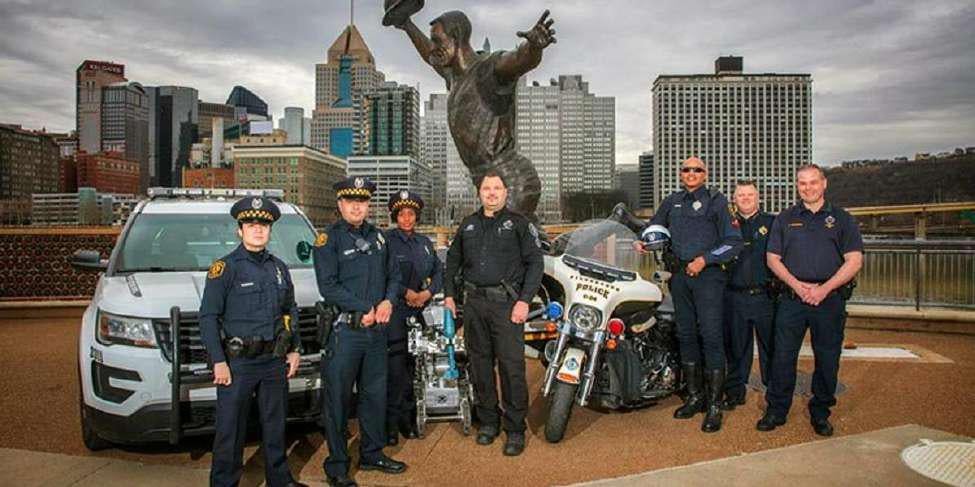
Source: The City of Pittsburgh Police
But that doesn’t mean Swartzwelder wholeheartedly believes that Scriotto’s plan is the best course of action. He told the Pittsburgh Post-Gazette, “I think the strategy at this point is a hope and a prayer that they can base everyone on data. It may pan out to be correct. It may be disastrous.”
DA Steve Zappala Is Even Less Confident in the Plan
District Attorney Steve Zappala has even less faith in the chief’s new plan; he told WTAE, “To tell people that you’re not going to be protected at certain hours of the day, that didn’t make any sense to me when I heard it. I don’t know what the rationale for that was, and I think that’s something the chief has to explain.”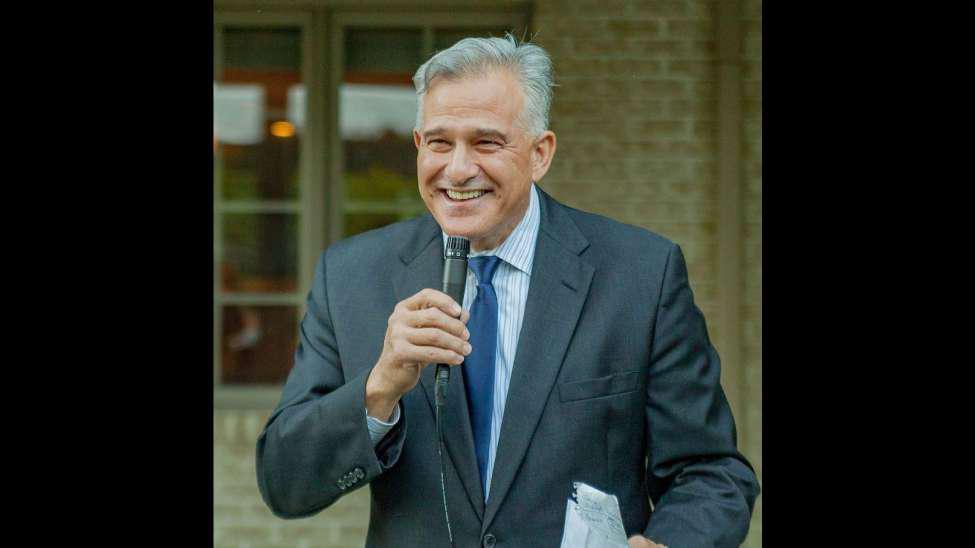
Source: @SteveZappalaPA/Facebook
And continued, “Is there any other large city in the country that’s a part-time police department? I mean, does that make any sense to any of you guys? It doesn’t to me.”
Pittsburgh Mayor Ed Gainey Has Tentatively Supported the Changes
Mayor of Pittsburgh Ed Gainey gave a supportive but less-than-enthusiastic statement regarding Chief Scirotto’s changes to the force.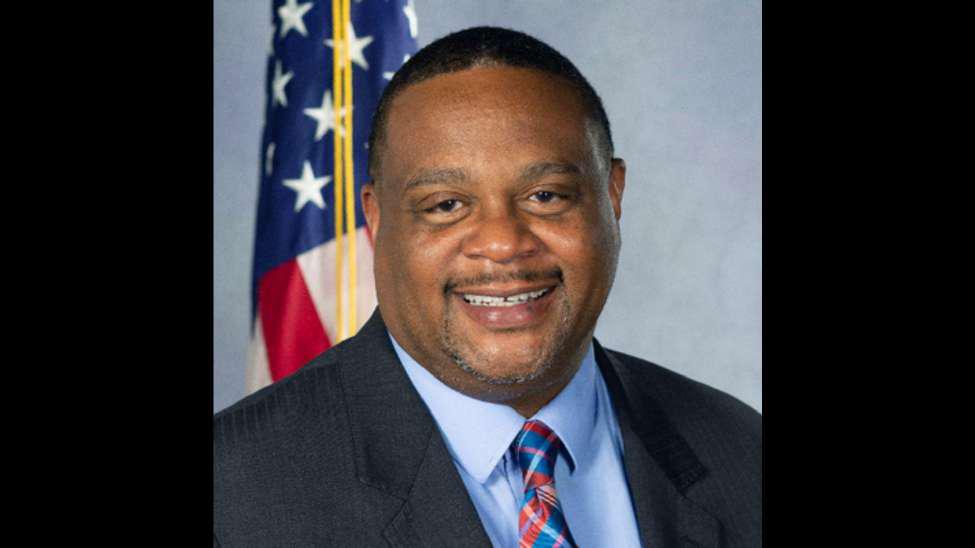
Source: @RepGainey/X
Mayor Gainey said, “The chief has made clear that there was a cutback, but there was going to be patrolmen there, and there would be patrol people ready to go, so again, that’s why I’m saying you’ve always got to talk to the person that’s implementing the new rules. That’s the chief or the public safety director.”
Could Crime Increase in Pittsburgh Due to This Announcement?
DA Zappala and many other members of the community in Pittsburgh are worried that the police chief’s announcement is not only detrimental to those residents in need from 3:00 AM to 7:00 AM but also that it could actually be dangerous. 
Source: iStock
Although it’s too soon to tell what effects these new changes will have on the city, some are wondering if crime will increase, especially during the early morning hours when they know officers aren’t there to respond.
Just Because Someone Isn’t on the Desk Doesn’t Mean the Police Won’t Be Available
However, Chief Scirotto and the Pittsburgh Bureau of Police want residents to understand that just because they won’t have officers answering the phones does not mean they are not patrolling.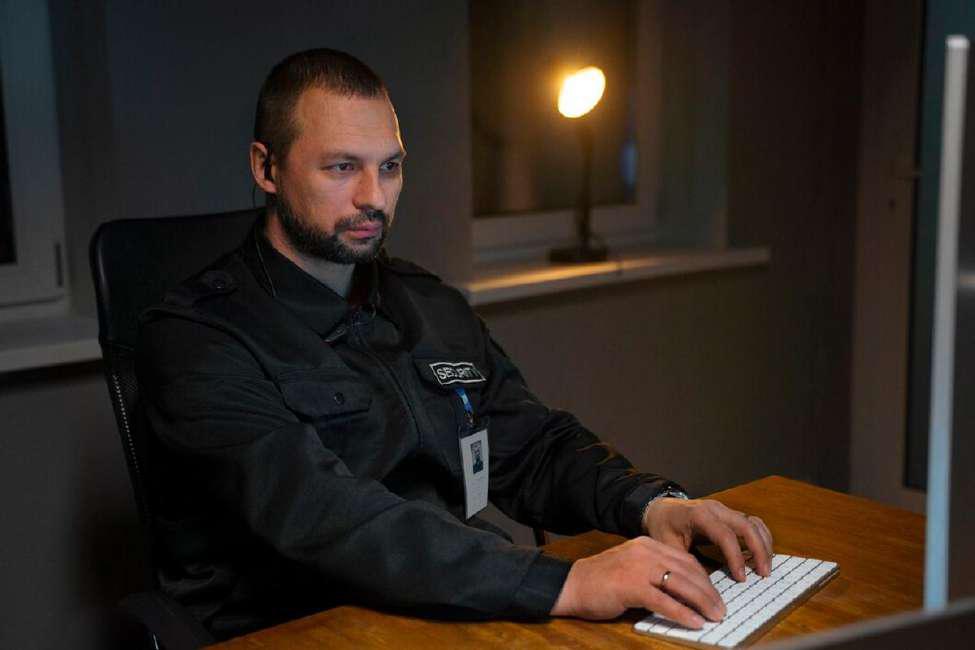
Source: Freepik
Scirotto said that now, between 3:00 AM and 7:00 AM, there will be between 25 and 30 officers in the city. And went on to say, “Average night, we’d have seven officers out on the road in each zone, so [we had] like 42 officers, generally. We cut 12. People think I cut 112.”
Other Police Departments May Follow Suit
The debate as to whether or not Chief Scriotto’s plan is brilliant or seriously detrimental is still ongoing, and it likely will be until data can be collected that proves whether it helped or hurt the people of Pittsburgh.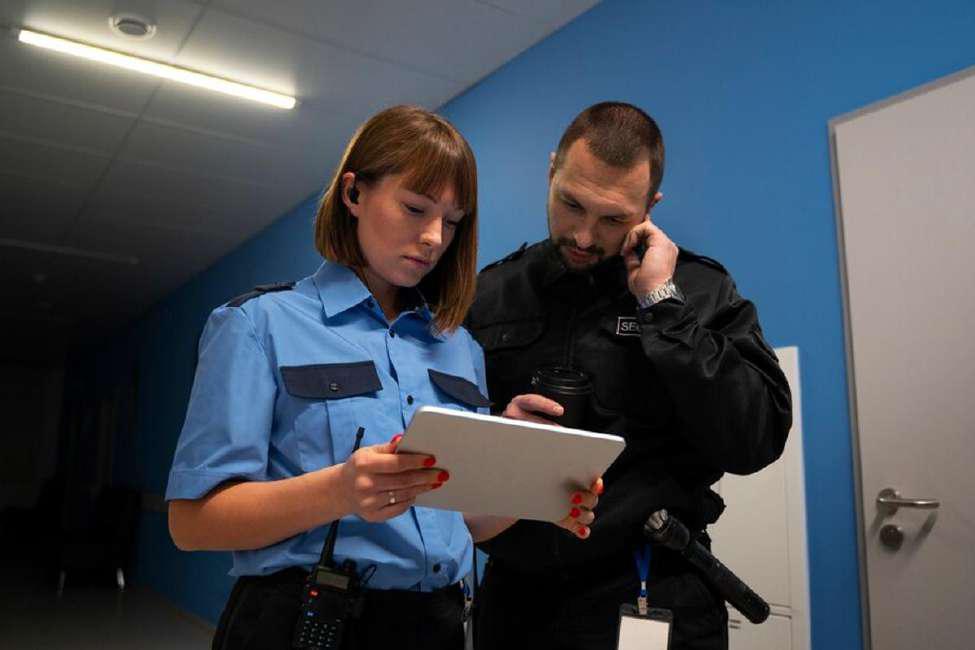
Source: Freepik
If it doesn’t work and crime increases or residents continue to feel unsafe, the plan will, of course, be scrapped. However, if it does work, it may change the way other police departments suffering from staff shortages run their precincts in the near future.
